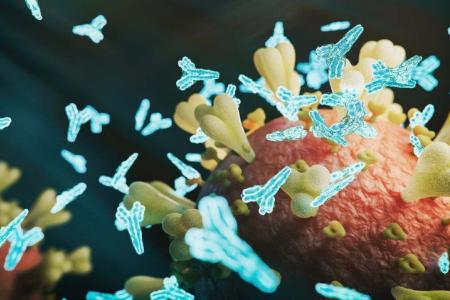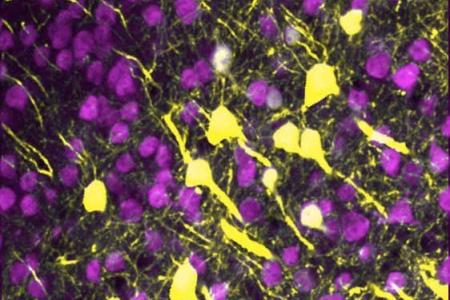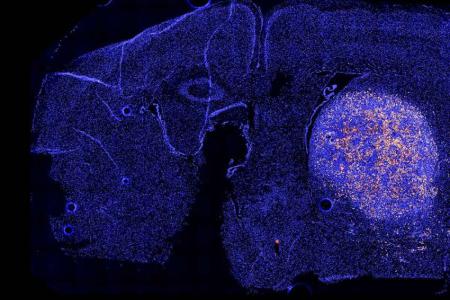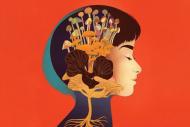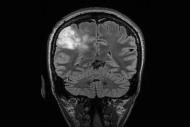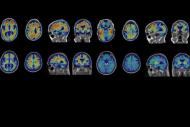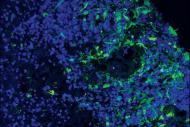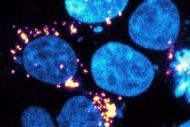Could psychedelics become mainstream medicines?Could psychedelics become mainstream medicines?
UCSF-Led Study Shows Extensive Resection Results in Longer Survival for Glioma PatientsResecting brain tumors called gliomas as much as possible soon after diagnosis offers a distinct survival advantage when looking at the disease trajectory 10 years later, find UCSF researchers.
Lecanemab, Donanemab, Drug-Free Strategies Emerge as New Weapons Against DementiaUCSF experts discuss the current state of Alzheimer’s treatments and future therapies that may slow progression of the disease.
UCSF Researchers Identify the Cellular Source of Recurrent GliomaThrough decades of biobanking at UCSF, researchers were able to comprehensively map intra-cellular signaling in the cells of recurrent glioblastoma, identifying novel cell-extrinsic therapeutic targets.
While we sleep, our brains process our daily actions to create motor memory, which makes physical acts such as throwing a basketball subconscious.
38 UCSF researchers rank in the top 1 percent for impact in their fields, according to a new analysis of research citations by science and intellectual property company Clarivate.
UCSF Experts Address CTAD Conference on Pharma-Free Intervention; Patient Data Repository; First Trial of svPPA TreatmentUCSF Experts Present Research at the Annual Clinical Trials on Alzheimer’s Disease (CTAD) Conference in San Francisco.
UCSF-VA Study Shows Psychiatric Disorders Increase Risks for Deaths, HospitalizationsRisk of death or hospitalization from COVID-19 were found to be greater for patients with PTSD.
Discovery May Point to New Therapeutic Approach for Common Neurodegenerative DisordersThe brains of people with Down syndrome develop the same neurodegenerative tangles and plaques associated with Alzheimer’s disease and frequently demonstrate signs of the neurodegenerative disorder in their forties or fifties. A new study shows that these tangles and plaques are driven by the same amyloid beta (Aß) and tau prions as Alzheimer’s disease.

